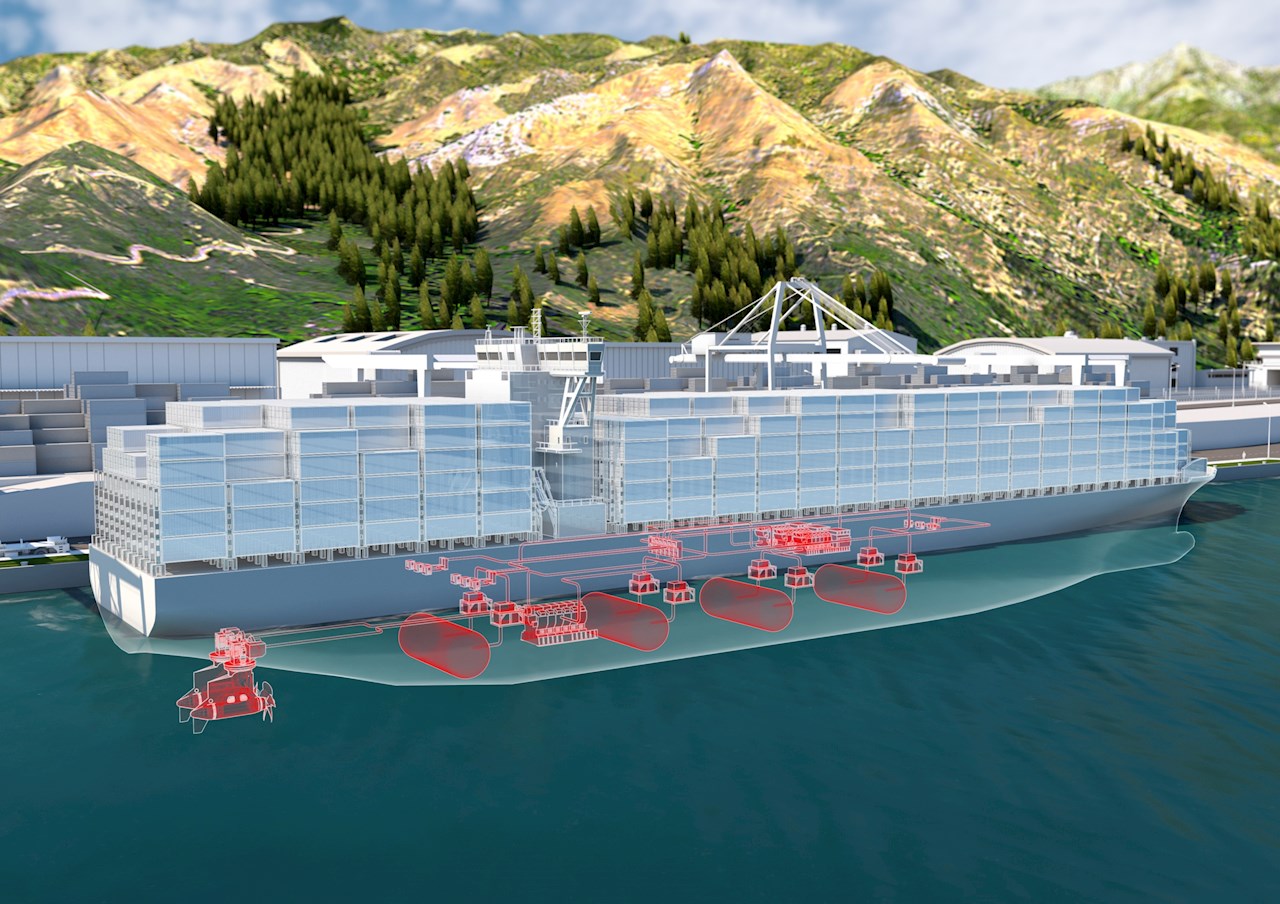ABB signs Memorandum of Understanding (MOU) with Hydrogène de France to jointly manufacture megawatt-scale fuel cell systems capable of powering ocean-going vessels
The MOU between ABB and hydrogen technologies specialist Hydrogène de France (HDF) envisages close collaboration on the assembly and production of the fuel cell power plant for marine applications.

Building on an existing collaboration announced on June 27, 2018 with Ballard Power Systems, the leading global provider of proton exchange membrane (PEM) fuel cell solutions, ABB and HDF intend to optimize fuel cell manufacturing capabilities to produce a megawatt-scale power plant for marine vessels. The new system will be based on the megawatt-scale fuel cell power plant jointly developed by ABB and Ballard, and will be manufactured at HDF’s new facility in Bordeaux, France.
Fuel cells turn the chemical energy from hydrogen into electricity through an electrochemical reaction. With the use of renewables to produce the hydrogen, the entire energy chain can be clean.
“HDF is very excited to cooperate with ABB to assemble and produce megawatt-scale fuel cell systems for the marine market based on Ballard technology,” said Damien Havard, CEO of HDF.
“With the ever-increasing demand for solutions that enable sustainable, responsible shipping, we are confident that fuel cells will play an important role in helping the marine industry meet CO2 reduction targets,” said Juha Koskela, Managing Director, ABB Marine & Ports. “Signing the MOU with HDF brings us a step closer to making this technology available for powering ocean-going vessels.”
With shipping responsible for about 2.5 percent of the world’s total greenhouse gas emissions, there is an increased pressure for the maritime industry to transition to more sustainable power sources. The International Maritime Organization, a United Nations agency responsible for regulating shipping, has set a global target to cut annual emissions by at least 50 percent by 2050 from 2008 levels.
Among alternative emission-free technologies, ABB is already well advanced in collaborative development of fuel cell systems for ships. Fuel cells are widely considered as one of the most promising solutions for reducing harmful pollutants. Already today, this zero-emission technology is capable of powering ships sailing short distances, as well as supporting auxiliary energy requirements of larger vessels.
ABB’s eco-efficiency portfolio, which enables sustainable smart cities, industries and transport systems to mitigate climate change and conserve non-renewable resources, accounted for 57 percent of total revenues in 2019. The company is on track to reach 60 percent of revenues by the end of 2020.
Source: ABB